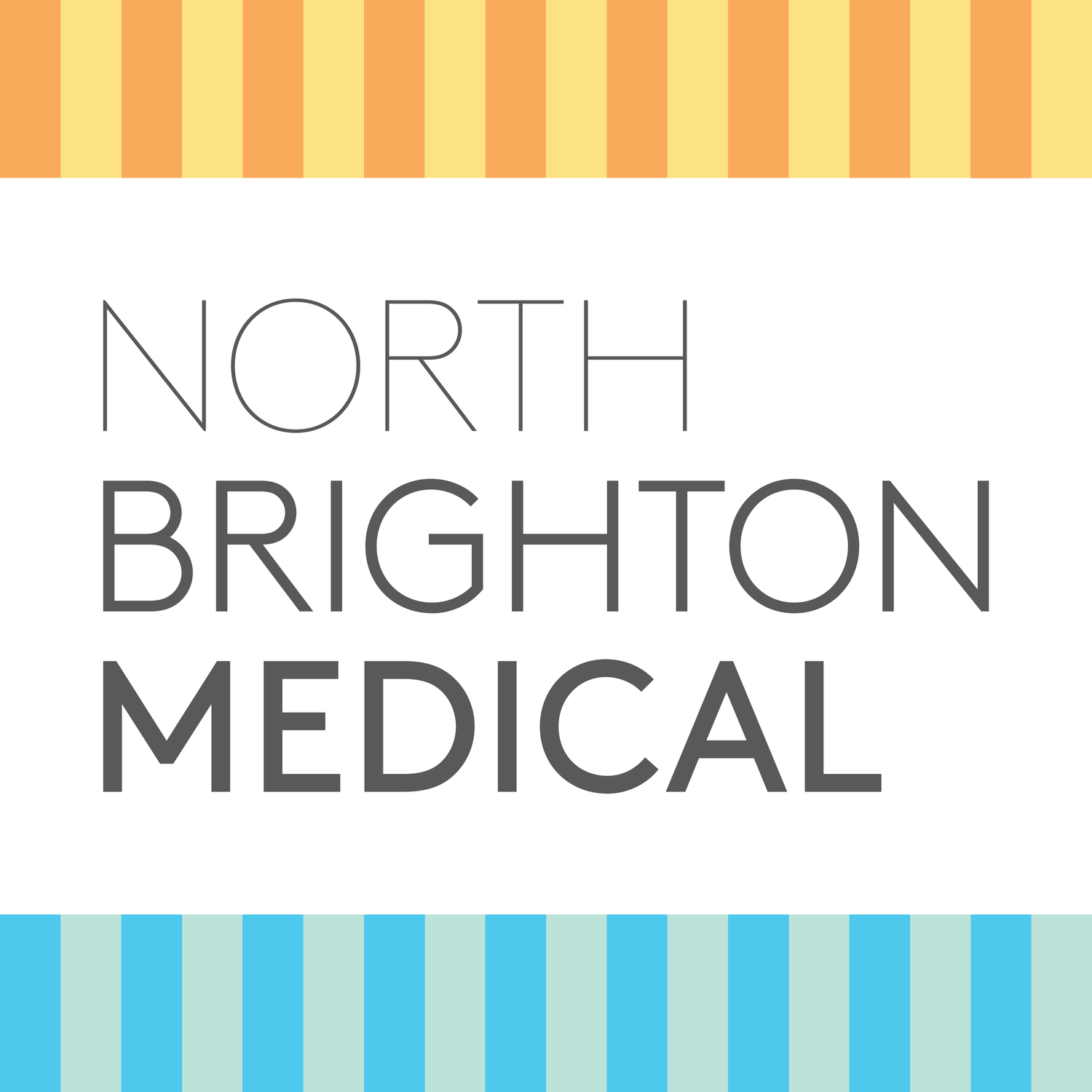Members of the gay, lesbian, bisexual, transgender and intersex community face unique health challenges.
This includes not only having a higher risk of contracting certain sexually transmitted infections (STI) and other diseases, but also being more likely to suffer from mental health issues due to the discrimination or rejection they may face or from the struggles associated with coming to terms with their sexuality and/or gender identity.
All of our doctors are well placed to assist LGBTI patients in dealing with these issues for patients in the Brighton and Bayside areas, including:
Providing sexual health checks. These are recommended for all sexually active people (not just the LGBTI community) on a regular basis, but particularly whenever you think you might have an STI, you’ve recently had unprotected sex (including vaginal, oral or anal sex), a condom broke or fell off during sex, you or your partner has more than one sexual partner, you’ve shared injecting equipment (needles, etc.) or you’re at the start of a new sexual relationship.
The provision of vaccinations against various diseases. Some of these vaccines are fully government-funded for people in high risk groups such as men who have sex with men, including vaccines against Hepatitis A, Hepatitis B, Meningococcal C (the vaccine for which also protects against the A, C and W strains of Meningococcal) and HPV (which causes genital warts and almost all cases of cervical cancer). Some of these diseases are also transmitted from other non-sexual sources (such as contaminated food or coughing) and are often recommended as travel vaccines for many common overseas holiday destinations - it may therefore be worthwhile obtaining these vaccines even if you are monogamous or practice safe sex.
Prescriptions for PrEP, a new drug which is extremely effective at preventing new HIV infections. PrEP has recently been added to the Pharmaceutical Benefits Scheme and is therefore now available to men who have sex with men at a heavily subsidised price (with a Medicare card). PrEP may also be appropriate for heterosexual men and women who may be at high risk of acquiring HIV, for example those whose partner who is HIV positive.
Discussion of mental heath concerns, and if necessary the preparation of a mental health care plan so that you can access Medicare-subsidised psychology treatment sessions with a psychologist.
Providing advice on other LGBTI issues, such as safer sex.

